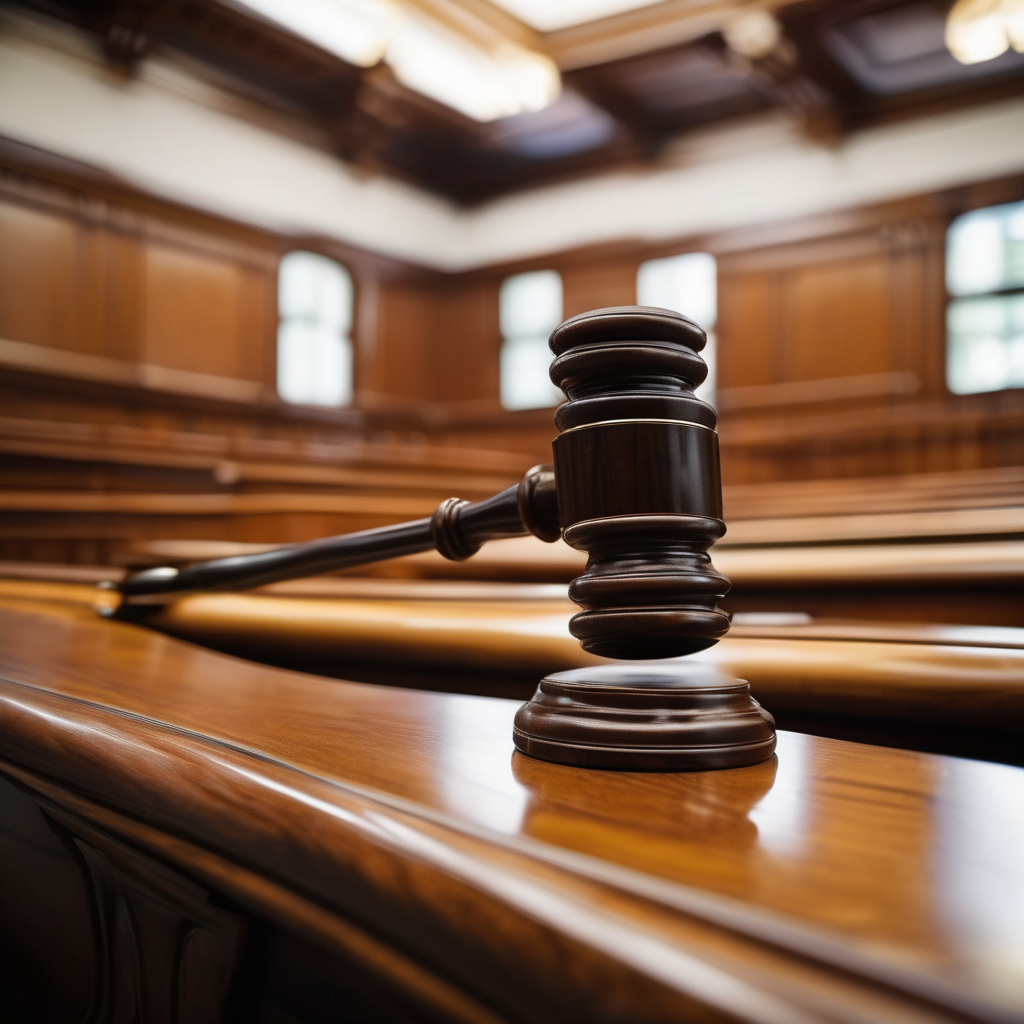The Suva High Court has been presented with a significant case regarding the authority of Prime Minister Sitiveni Rabuka in relation to the dismissal of former Fiji Independent Commission Against Corruption (FICAC) Commissioner Barbara Malimali. During a recent judicial review hearing, Tanya Waqanika, representing Malimali, argued that the Prime Minister lacked the constitutional authority to advise President Ratu Naiqama Lalabalavu to revoke Malimali’s appointment.
The court proceedings, presided over by Justice Dane Tuiqereqere, highlighted how Prime Minister Rabuka had initially suspended Malimali and later confirmed her dismissal after advising the President. Waqanika contended that the President did not hold the constitutional power to dismiss Malimali based solely on the Prime Minister’s recommendation.
Malimali’s case has garnered public attention not only because of her controversial dismissal but also due to the broader implications it has for governance and accountability within Fiji. Critics have raised concerns about the timing of her appointment as FICAC Commissioner amid ongoing investigations linked to her previous role as chair of the Electoral Commission, coinciding with allegations against Deputy Prime Minister Biman Prasad.
The State, represented by Deputy Solicitor-General Eliesa Tuiloma, has argued that a “constitutional paralysis” within the Judicial Services Commission justified the Prime Minister’s intervention in this matter. However, Justice Tuiqereqere emphasized that the authority to advise the President on such matters solely resides with the Judicial Services Commission, reinforcing the necessity for adherence to established legal frameworks.
As the legal proceedings continue, there is hope that the outcome will contribute positively to discussions about reforms designed to enhance institutional integrity and transparency in Fiji’s political landscape. This case not only represents a pivotal moment for Malimali but also for the future of Fiji’s governance systems, potentially leading to strengthened checks and balances within governmental institutions.
As this situation unfolds, it reflects the importance of ensuring accountability in public office and may pave the way for important reforms aimed at bolstering public trust in Fiji’s governance. The anticipated court rulings could have lasting implications for how political authority is structured and exercised in the country.
